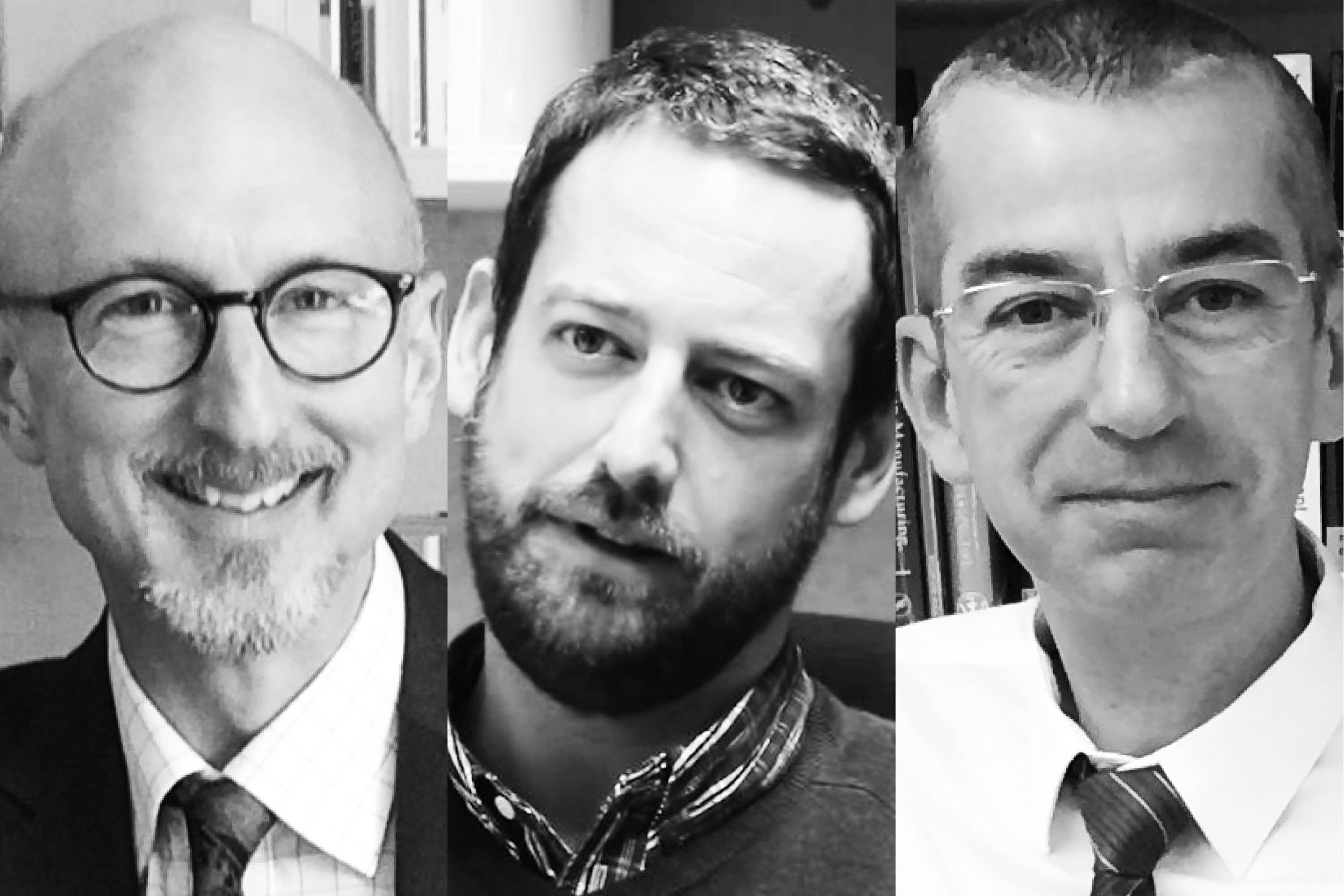
Principal speaker
Professor Nic Beech, Vice Principal, University of Dundee
Other speakers
Associate Professor Tim Butcher, Department of International Business and Asian Studies, Griffith Business School | Professor Paul Hibbert, Dean of Arts and Divinity, University of St Andrews
With research impact now high on our agenda, understanding how we achieve it has become of paramount importance. In this workshop, we explore the strategy and serendipity of research and impact to enable us to consider how we make sense of what we do in ways that are meaningful to the economy, society, culture, national security, public policy or services, health, the environment, or quality of life, beyond contributions to academia.
This event is jointly presented by Griffith Business School, the Department of International Business and Asian Studies, and the Centre for Work, Organisation and Wellbeing at Griffith University.
Developing research with impact raises questions about how research should be conducted, how we should engage with the 'end users' of research, and what evidence of impact might look like. In this workshop we open up discussion on these three questions.
The first part of the workshop focuses on the conduct of research. Through offering a relationally reflexive approach to research as an example, it opens up discussion on how engaged forms of research may offer the potential for interesting research outcomes alongside possible routes to impact. We then build on these ideas in discussion, considering how various more-or-less conventional approaches to research may offer similar or competing benefits.
In the second part of the workshop we focus on relationships with the users of research. As examples we consider three ways of thinking about research users: as commissioners of research (for example in policy-driven projects); as co-producers of research; and as consumers of research – and how these different relationships may change over time. We build on these ideas in discussion, to reflect on how these different kinds of relationship may affect methodological and writing choices.
The workshop concludes with a discussion of what evidence of impact might look like. We also open up discussion on how these forms of evidence may overlap with conventional academic outputs in journals, chapters and monographs – or be quite different or exist in tension with these familiar forms.
SPEAKERS
Professor Nic Beech
Vice Principal, University of Dundee
Nic Beech (pictured, left) is a Professor of Management and Vice Principal of the University of Dundee. He oversees strategic planning, academic leadership, staffing and resources and line manages the Deans of the University. He previously held the role of Vice Principal at the University of St Andrews. Nic is Chair of the British Academy of Management, a co-chair of the International Organisational Discourse Conference and was previously a senior editor of Organization Studies and Lead Fellow of the ESRC Advanced Institute of Management.
His research interests are in change, liminality, paradox and the construction of identity in creative industries (particularly music) and health care. His books include: Managing Creativity (with B. Townley, 2010, Cambridge), Managing Change (with R. MacIntosh, 2012, Cambridge) and Organising Music (with C. Gilmore, 2015, Cambridge).
Associate Professor Tim Butcher
Department of International Business and Asian Studies, Griffith Business School
Tim Butcher (pictured, centre) is an Associate Professor of Management and Research Director in the Department of International Business and Asian Studies at Griffith Business School. He previous held academic positions at RMIT University and the University of Hull.
Tim is co-Chief Investigator on the ARC Discovery Indigenous project: Wellbeing not Winning, researching the organisation of sport with remote Aboriginal communities in central Australia. His primary research interest is in our relationships with work and organisation, and how those affect our sense of place and belonging. His research directly addresses organisational impact on society and social change. He has also researched other organisational phenomena with coworkers, skilled machinists, and global supply chain managers.
Tim holds an Engineering Doctorate (Cranfield University) qualification, and previously worked in production and maintainability engineering in the aerospace sector. A fellow of the Royal Academy of Engineering Panasonic Trust, Tim is also an alumnus of the Committee for Melbourne Future Focus Group.
Professor Paul Hibbert
Dean of Arts and Divinity, University of St Andrews
Paul Hibbert (pictured, right) is Professor of Management and Dean of Arts and Divinity at the University of St Andrews. His research is principally focussed on collaborative and relational processes of organizing and learning. His work is published in leading journals in the field such as Academy of Management Learning and Education, Journal of Management Studies, Leadership Quarterly, Management Learning, Organizational Research Methods, and Organization Studies. He has also contributed to a range of scholarly edited collections, such as the Oxford Handbook of Inter-Organizational Relations.
Paul's research has also received awards from the Academy of Management, the Australia and New Zealand Academy of Management, and the British Academy of Management. Paul has also been active in translating research insights to practice; he has provided developmental support and executive education for a variety of agencies in the local government and healthcare sectors, to help them to develop their capacity in collaborative learning and leadership.
Register to attend at http://bit.ly/2dsCKqh
Event categories
RSVP
RSVP on or before Monday 28 November 2016 , by email s.banham@griffith.edu.au , or by phone (07) 373 57390
Event contact details
- Assoc Prof Tim Butcher
- http://bit.ly/2dsCKqh
- (07) 373 57533